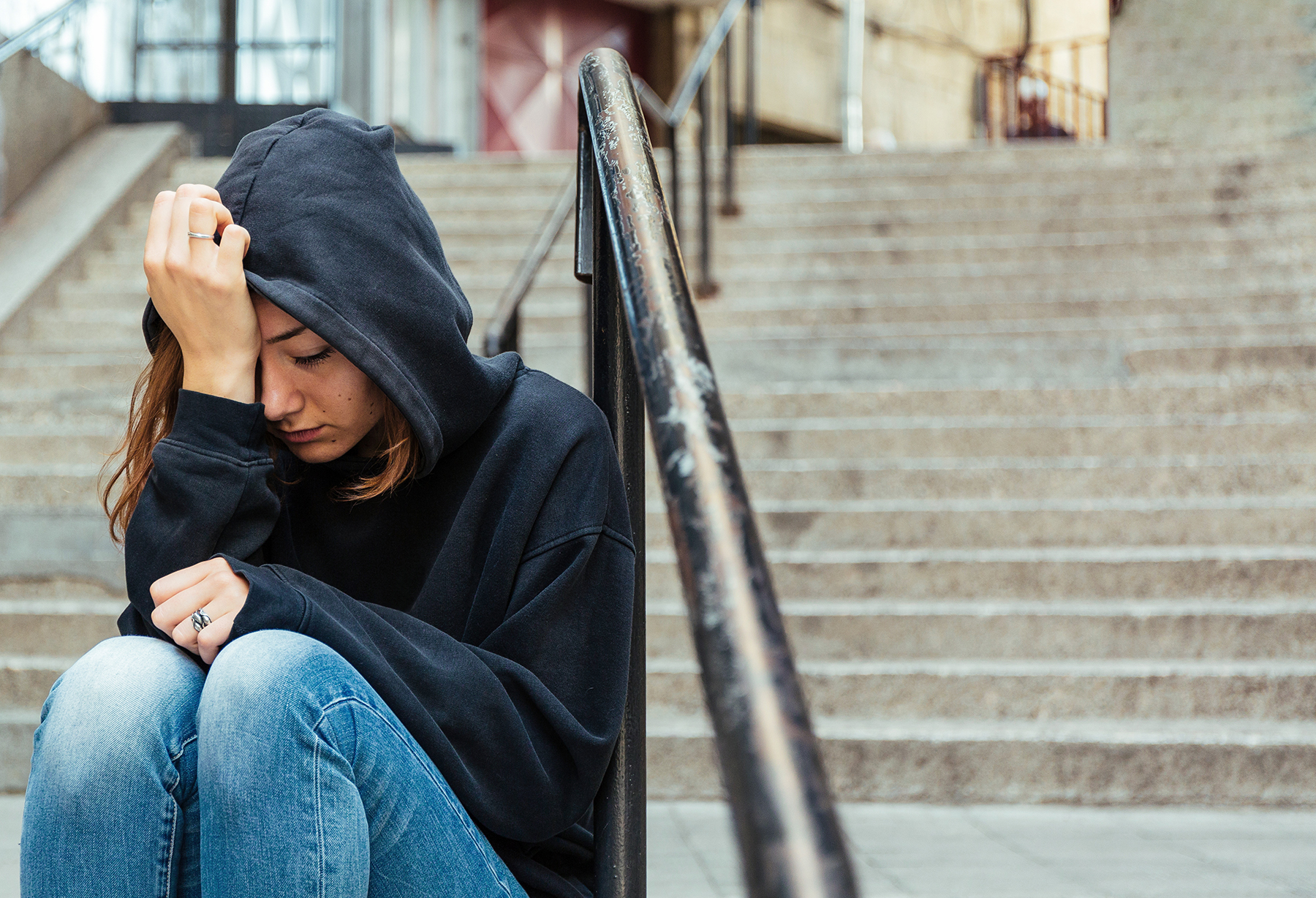How to Spot a Troubled Teen

Many adolescents struggle with mental health issues that without intervention can lead to self-harm or other serious issues. But, if caught early, kids can get the help they need.
Parents and teachers are often in the position to spot troubled teens and children, says adolescent psychiatry specialist Stefania Prendes-Alvarez, M.D. By knowing the signs you may be able to help your child or one of their peers before they are a danger to themselves or someone else.
Is it teenage angst or something more serious?
Teens are so often associated with sadness or moodiness, it is considered a stereotype. But fluctuating hormone levels may not be the problem for some. Anxiety and depression are the most common mental illnesses in adolescents, with 18% having suicidal thoughts, according to the US Health and Human Services Department.
Dr. Prendes-Alvarez advises that normal “moodiness” usually only lasts for a few days but depression sticks around.
Another thing to look for is sudden behavior that departs from the norm. This could include a drop in grades, isolating themselves from family and friends, or changes in sleeping and eating.
School violence
While violent deaths at schools are rare, other forms of violence like fights and bullying are much more prevalent. The US Centers for Disease Control and Prevention reports that 20% of surveyed high school students were bullied at least once in 2015.
There are a number of reasons why children may act out; Dr. Prendes-Alvarez explains that it could be a violent environment at home, mental health issues, or perhaps drug use. Kids who are at risk for violent behavior often display warning signs before any serious incidents occur. These can include an increase in defiant behavior or a disregard for rules, a history of violent behavior, or an increase in risk-taking.
“It’s important to note that it is difficult to pinpoint what behavior will definitely lead to violence,” Dr. Prendes-Alvarez cautions. “So, these warning signs should only be used as a guide to identify kids who may need help.”
If you have concerns that a teen may be troubled, bring it to the attention of the school official or an adult.
Is your child concerned about their friend or classmate?
If you are the parent of a child or the friend of someone who knows someone having challenges, have an open line of communication with them and let your child or loved one know that adults are there to help.
“Let your kid know that if their friend does something that just doesn’t seem right, it doesn’t hurt to discuss it with either you or a teacher,” says Dr. Prendes-Alvarez. “Remind them that they don’t have to figure out how to help their friend by themselves.”
Learn more and get help
To speak with a mental healthcare provider, call the University of Miami Health System at 305-243-6400. If someone is an imminent danger to themselves or others, call 9-1-1.
Natasha Bright is a contributing writer for UMiami Health News. Her writing has also been featured on the Huffington Post and Scary Mommy websites.
Tags: adolescent mental health, adolescent psychiatry, anxiety, behavioral health, depression, Dr. Stefania Prendes-Alvarez
